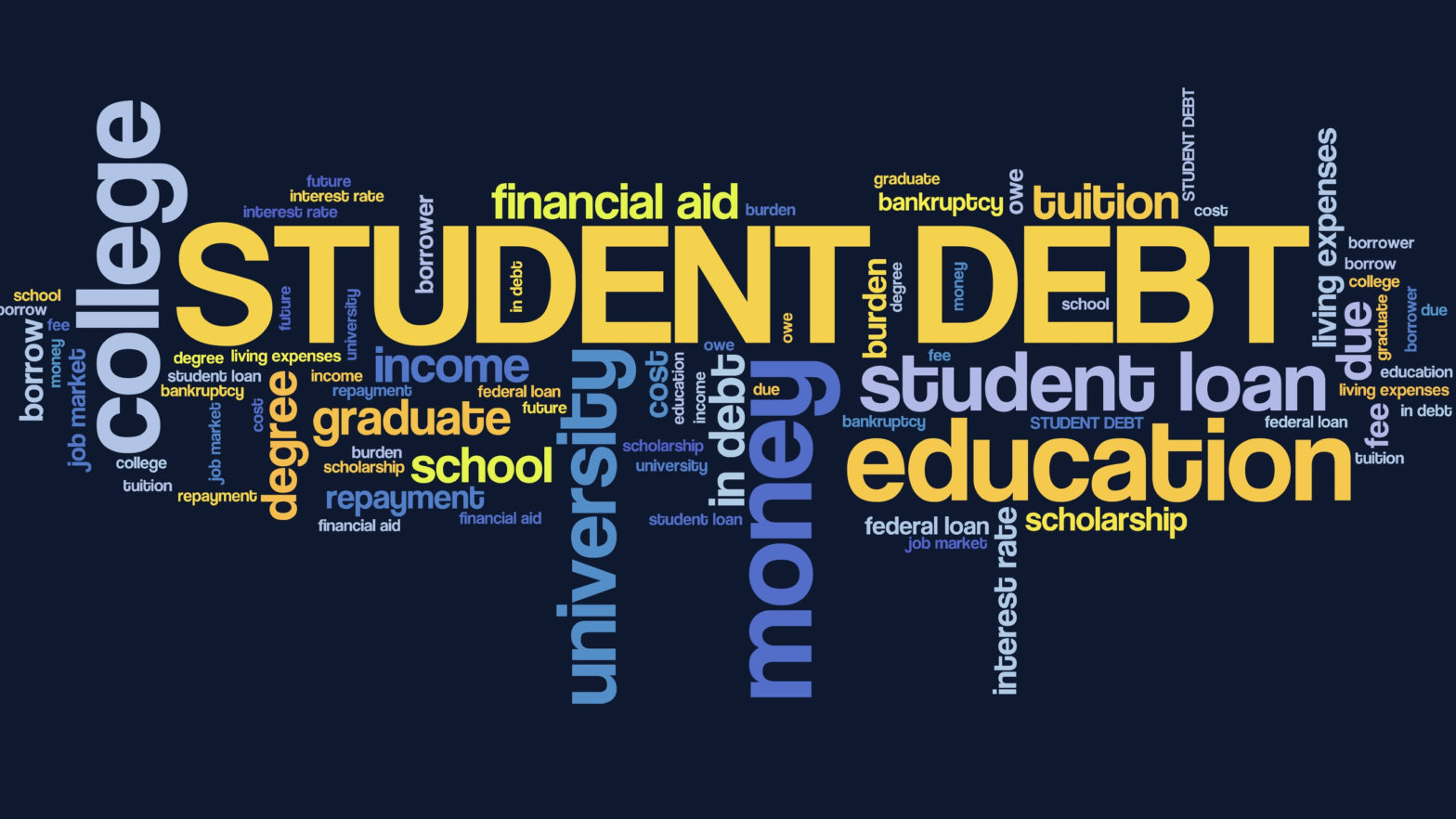DISCLAIMER: As the COVID-19 public health situation evolves, new regulations are being continually issued. This page/story/information may not include the most recent information.
Zack Friedman Senior ContributorPersonal Finance
There’s so much happening right now with your student loans.
Here’s what you need to know – and what to do about it.
Student Loans
In case you missed it, there have been major changes regarding your student loans. President Donald Trump signed the CARES Act, which includes a $2 trillion stimulus package in response to the Coronavirus health emergency. Among other benefits, the CARES Act has major implications for the way you pay your student loans, think about student loan forgiveness, and manage your money during Coronavirus. Fortunately, let’s make it easy for you and put all the updates in one place so you’re up to speed. Here are the major changes:
1. No federal student loan payments
Through September 30, 2020, your federal student loan payments are suspended. You don’t need to take any action; your payments will be automatically suspended. You will not incur any late fees or penalties. This only applies to federal student loans, not private student loans.
2. No interest on your federal student loan payments
The interest rate on your federal student loans automatically has been set to 0% through September 30, 2020. After this date, your interest rate will revert to your regular interest rate. This means that no new interest will accrue on your student loan balance during period. You can still pay your federal student loans, even though they are suspended. You would still make the same monthly payment, and your payment will first pay off any previously accrued interest and then reduce your principal student loan balance.
3. No garnishment of wages, Social Security and tax refunds
If you defaulted on your federal student loans – meaning you haven’t made a student loan payment in at least 270 days – then there’s some good news. The federal government temporarily has halted garnishment of wages, Social Security benefits and tax refunds for student loan debt collection through September 30, 2020. This provides time for you to get out of student loan default, since garnishment will resume at the end of this time period.
4. Public service loan forgiveness participants also can benefit.
The last thing borrowers want to do is make one mistake and get rejected for student loan forgiveness. Many borrowers have asked whether it is a good idea to stop paying your federal student loans, particularly if you are pursuing public service loan forgiveness. If you contact your student loan servicer, or visit the website of the Education Department, you may be told that if you don’t make federal student loan payments, they won’t count toward the required 120 monthly payments. This is incorrect. You can pause your federal student loan payments through September 30, 2020 and your non-payment will count toward the 120 payments.
5. Income-driven plan participants also benefit.
If you’re enrolled in an income-driven repayment plan, these benefits also apply to you. If you pause payments, they will count toward the required 20 to 25 years of monthly payments for student loan forgiveness under income-driven repayment plans.
6. Employers can pay off student loans for employees
Through December 31, 2020, your employer can pay up to $5,250 of your student loans tax-free.
7. There are new guidelines about how to receive paid sick leave for Coronavirus.
Here’s how to know if you qualify for paid sick for Coronavirus.
8. The CARES Act builds upon Trump’s previous student loan announcements.
Previously, Trump announced that, for 60 days:
- interest waiver for federal student loans
- suspension of federal student loan payments
- no garnishment of wages, Social Security benefits or tax refunds
The CARES Act replaced these executive actions, and extended the time period.
9. New York has made several changes to student loans and mortgages.
New York Governor Andrew Cuomo suspended collection of student loan payments and suspended mortgage payments for borrowers facing financial hardship.
10. Other Helpful Resources
- Here’s how to get financial relief for student loans
- 15 most popular questions about student loans and Coronavirus
- How to pay your student loans during Coronavirus
- Full text of the CARES Act
- How to contact your student loan servicer
- Should you stop paying your student loans during Coronavirus?
- 5 ways to lower your student loan payments during Coronavirus
- Student loan refinancing rates are incredibly cheap
Options For Your Student Loans
What else can you do to pay off your student loans more quickly and save money during this challenging period? Here are four options, all of which have no fees:
- Student loan refinancing
- Student loan consolidation
- Income-driven repayment plans
- Student loan forgiveness
